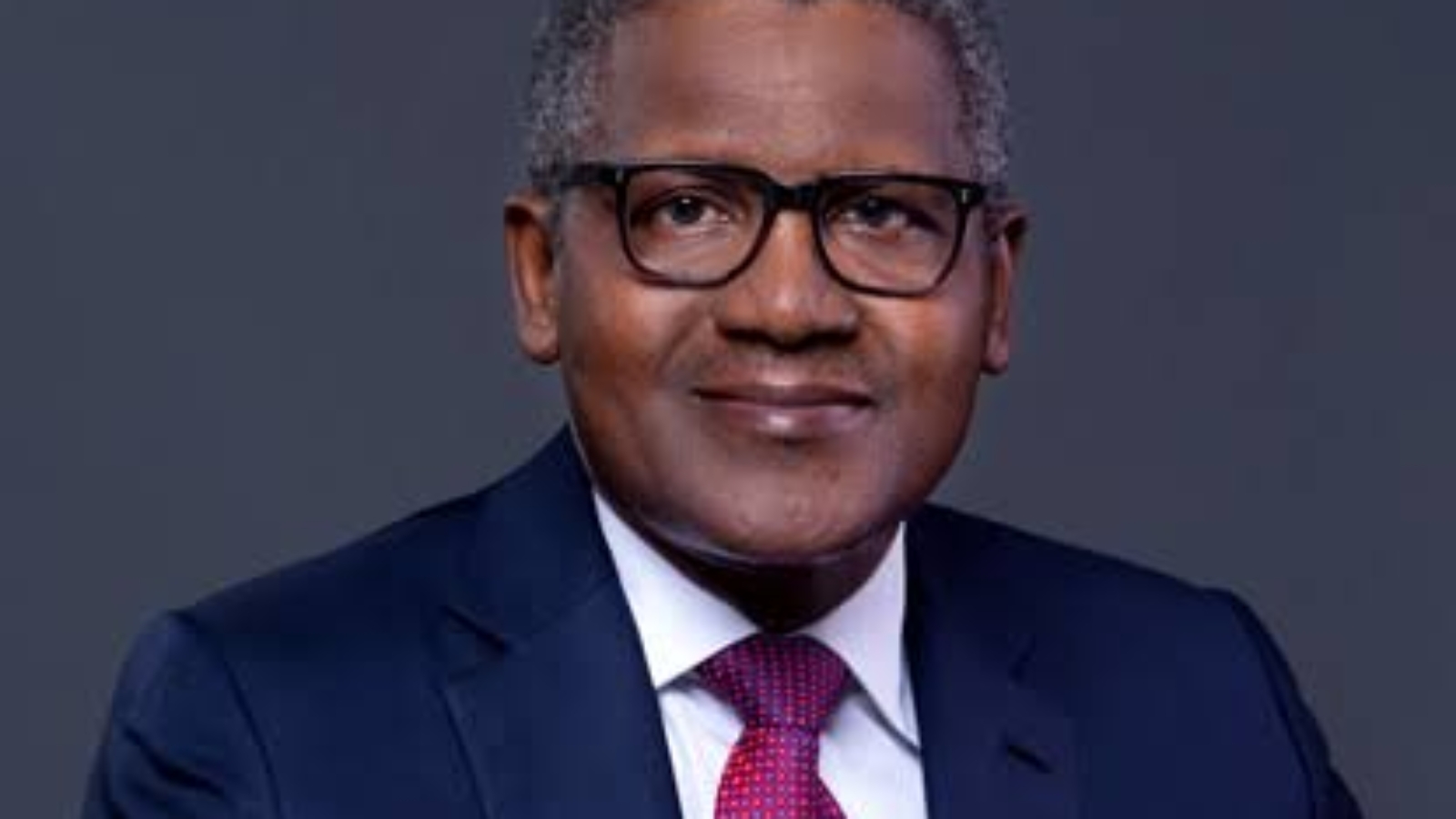Kigali, Rwanda
Journalist: Kazeem Balogun
At the recently held Africa CEO Forum in Kigali, Rwanda, Mr. Aliko Dangote, President of the Aliko Dangote Group, highlighted a significant barrier to investment and intra-African trade: the continent’s fragmented visa policies.
Speaking in a panel session, Dangote underscored the inconvenience and inefficiency of obtaining multiple visas for travel within Africa, revealing that he, as an investor with do much to offer in his wuest for Africa’s development, would need to apply for 35 different visas on his passport to get his work done.so
“As an investor, as someone who wants to make Africa great, I have to apply for 35 different visas on my passport,” Dangote said.
“I really don’t have the time to go and drop off my passport in embassies to get a visa,” he emphasised.
Visa: A Major Obstacle to African Unity
For certain, Dangote’s remarks underscore a critical issue that affects investors, business people, and ordinary travelers across Africa, speaking for the majority of Africans. Despite the African Union’s (AU) vision for a borderless continent as articulated in Agenda 2063, the reality on the ground is starkly different. The organisation has for a long time concluded on the availability of African Union passport, but countries are not willing to fulfill their part of the understanding by rolling it out for their citizens, which could have solved the travel challenge significantly.
A few countries, namely Benin Republic, Rwanda, The Gambia, and Seychelles, offer a truly seamless visa policy on arrival for African citizens. This means that investors and entrepreneurs like Dangote face significant bureaucratic hurdles, which can deter investment and slow down economic activities for the remaining countries.
The Economic Implications
Realistically, the necessity to obtain multiple visas is not merely a personal inconvenience for investors; it has broader economic implications. It affects business travel, hampers the flow of goods and services, and ultimately slows down the economic integration that is crucial for the continent’s development. The African Continental Free Trade Area (AfCFTA), which aims to create a single continental market for goods and services can only succeed if accompanied by policies that facilitate free movement of people without visa challenges.
For instance, Dangote’s own business empire, which spans several African countries, relies heavily on the ability to move quickly and efficiently across borders. The current visa regimes can delay project timelines, increase costs, and reduce the overall competitiveness of African businesses on the global stage.
The Role of African Governments
To address this challenge, African governments need to take decisive action. As Dangote mentioned, President Bola Tinubu of Nigeria is reviewing the country’s visa processing system. This is a step in the right direction, but broader, continent-wide reforms are necessary. Governments must work together to harmonize visa policies, reduce bureaucratic red tape, and implement technology-driven solutions such as e-visas.
Success Stories and Lessons Learned
The countries highlighted by Dangote—Benin Republic, Rwanda, The Gambia, and Seychelles—provide valuable lessons in this regard. Rwanda, for example, has become a model of reform with its e-visa system and visa-on-arrival policy for all African nationals. These policies have contributed to Rwanda’s growing status as a business hub and its impressive economic growth.
The same positive story can be said about Benin Republic where Mr. Dine BOURAIMA, President Consortium Touriste Par Million AU Benin and his team lobbied President Patrice TALON to approve visa on arrival policy. Eversince, the country has been experiencing tourism boom, coupled with the ongoing infrastructure development which would position Benin as the top-notch tourism destination in Africa.
Similarly, Seychelles has long been a proponent of open borders, offering visa-free access to all visitors. This policy has boosted its tourism industry, demonstrating how visa liberalization can have a positive economic impact.
The Gambia also has always been very open and simplistic with its visa policies to the travelling world because of its proximity to the source market, and it’s been a fruitful and positive experience for Gambians and foreigners alike.
Moving Forward: A Unified Vision
Dangote’s call to action at the Africa CEO Forum should serve as a wake-up call for African leaders. The continent’s future prosperity depends on its ability to remove barriers to intra-continental travel and trade. The AfCFTA, which aims to integrate Africa’s economies, must be complemented by policies that ease movement across borders.
This means not only reforming visa policies but also improving infrastructure, enhancing security cooperation, and investing in technology to streamline the visa application process. A unified and integrated Africa, where investors do not have to apply for 35 different visas, is not just a dream but a necessity for the continent’s sustainable development.
Aliko Dangote’s experience is a microcosm of the broader challenges facing African integration. While significant progress has been made at the level of the African Union Commission, much more needs to be done on the part of governments in order to realize the vision of a borderless continent.
By embracing more open and streamlined visa policies, African countries can attract greater investment, foster economic growth, and move closer to the unity envisaged by the African Union., as Dangote’s remarks suggest, the time for action is now, and the benefits of such reforms will be felt across the continent.



